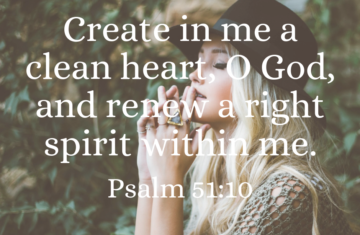By: Donna R. Wood
In the Social Dimension of Being, we consider the relations and connections we have developed and cultivated with others: our families, friends, co-workers, professional networks, and those who share our spiritual beliefs.
The Social Dimension includes our response to the communities and cultures that we belong to, and even those we do not belong to. Here is where we enter the realms of acceptance vs. rejection, and belonging vs. isolation. It is also where we decide our goals and attitudes in life. The attitudes range from love to hate, and from cooperation to competition.
Our Social Dimension is a direct reflection of our inner-world (personal and spiritual dimensions). In our Social Dimension we derive our place in the world based on our self-esteem, and our ability or inability to connect with others – regardless of socio-economic status, race, religion, etc.
We are the sum total of the five people closest to us. As the late Dr. Wayne Dyer said, “You do not attract what you want. You attract what you are.” The friends that we attract are reflections of our own inner-selves. When we honestly observe the friends we have, we gain a stronger understanding of who we are.
Signs of Imbalance in the Social Dimension:
- Feelings of guilt or shame.
- Fear of rejection.
- A sense of loneliness or isolation
Our Social Dimension is an extension of our Physical Dimension. How we perceive ourselves or assign characteristics to ourselves will have a direct effect on the choices we make in regard to those with whom we choose to associate. These choices will always have rewards or consequences that are long-term.
To gain a sense of joy in our Social Dimension, we need to seek the goodness in all things.
- Seek the good in ourselves
- Seek the good in others
- Seek the goodness in the world-at-large
Managing our Social Dimension can result in loss. T. D. Jakes once said:
“Finding your destiny will always disappoint those who have appointed you to theirs.”




